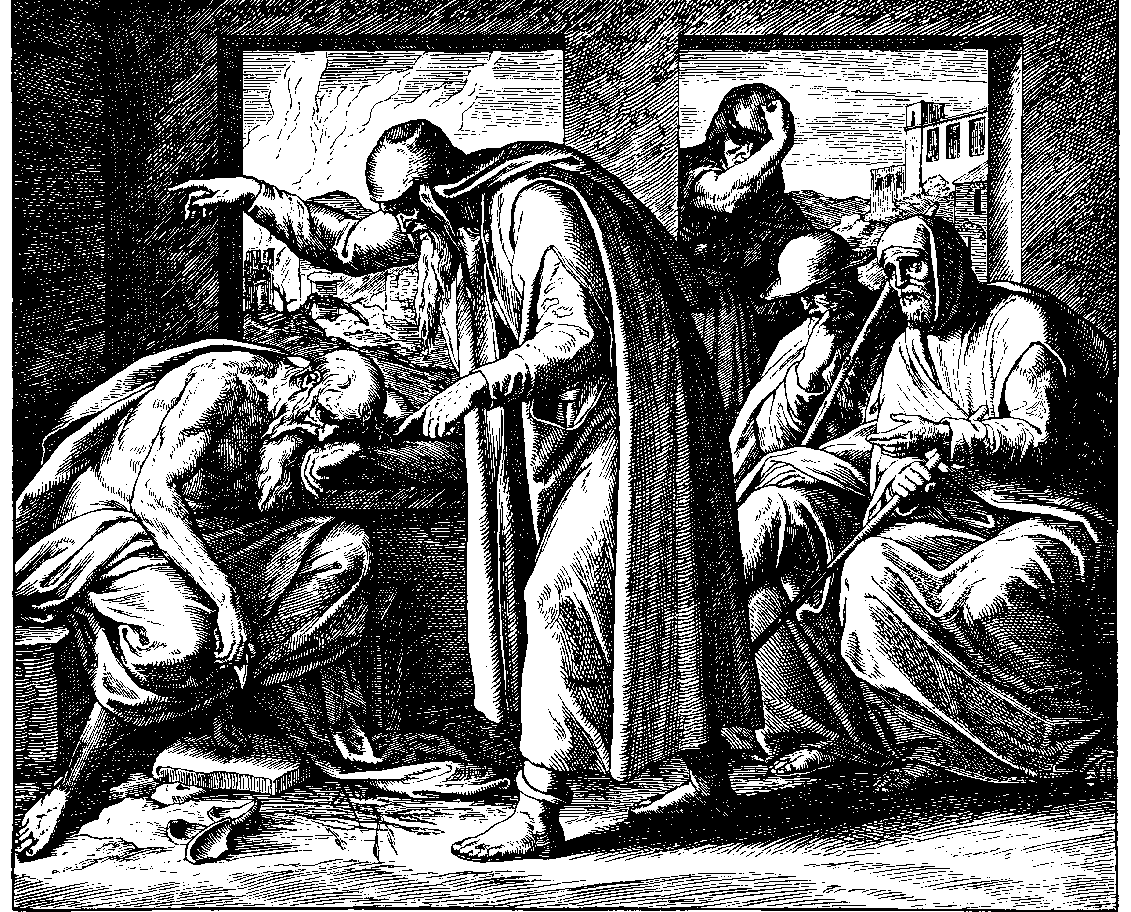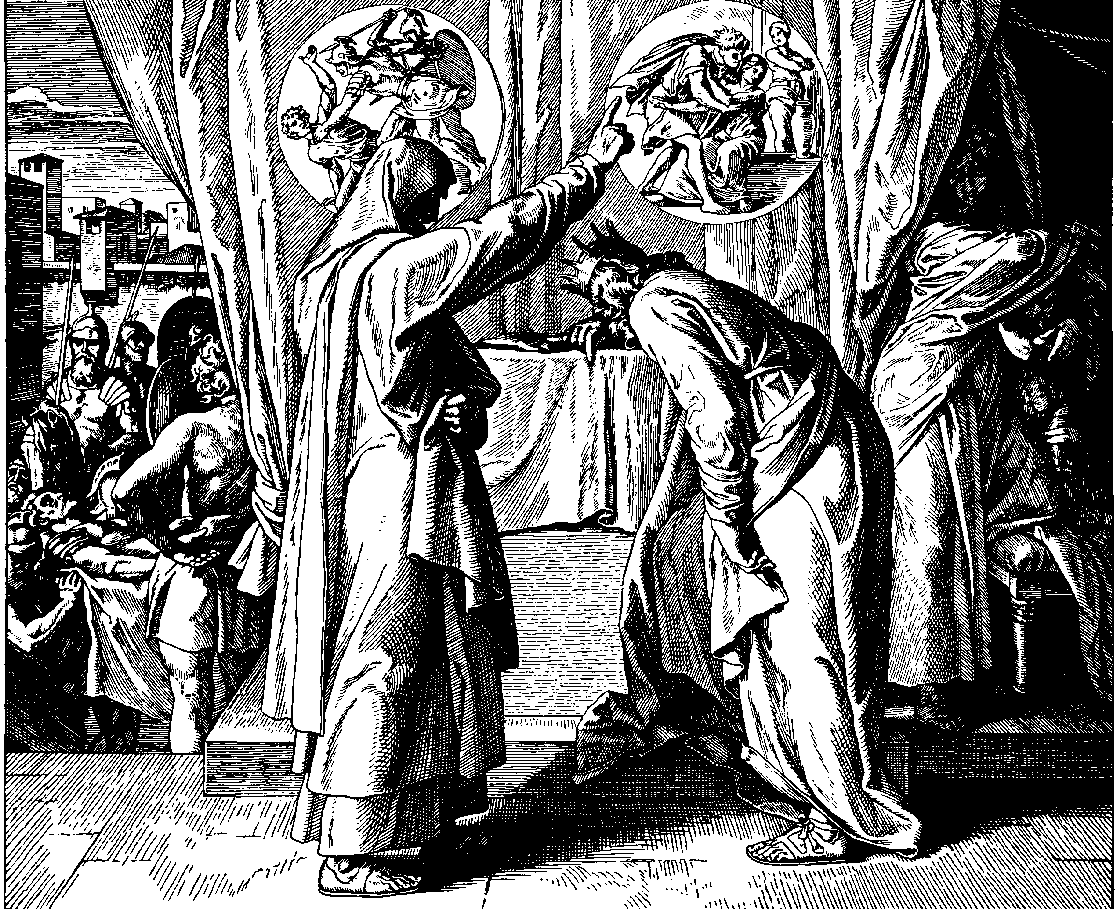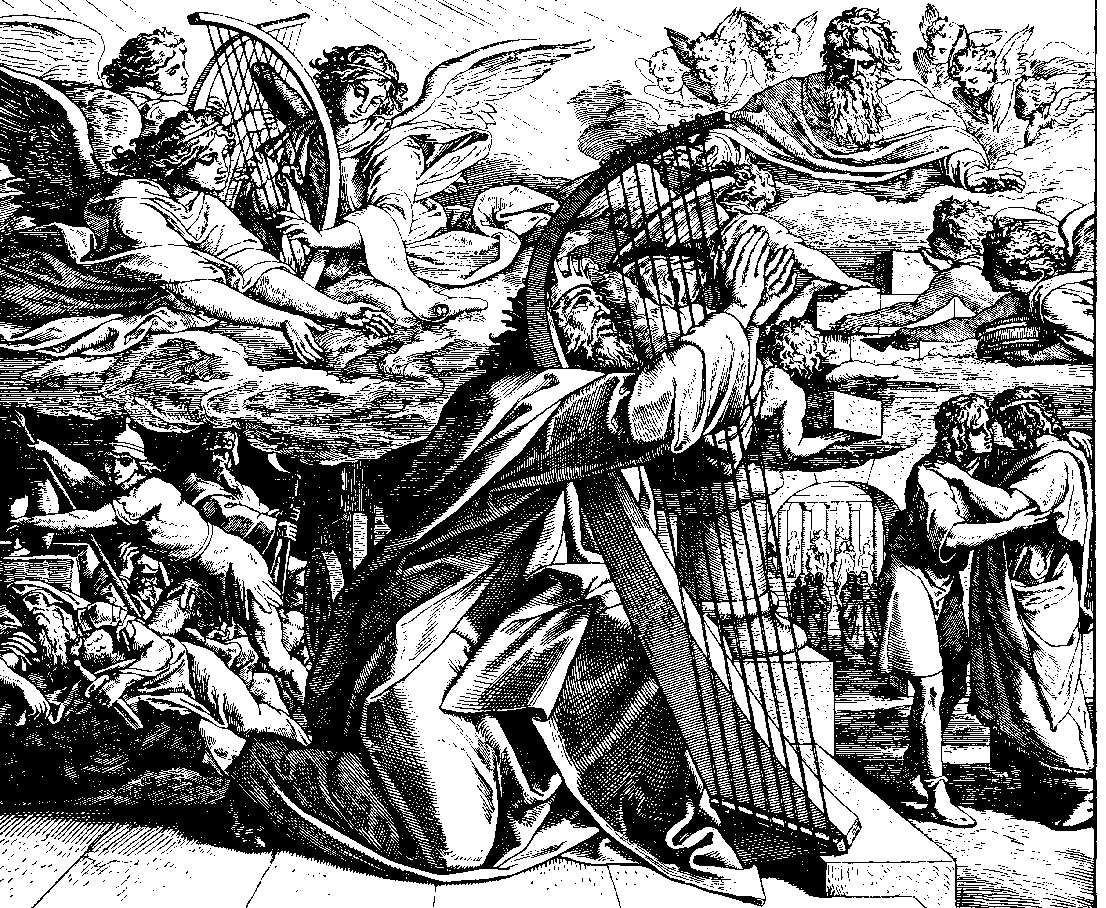-
Communicating (or not) with Memes and Soundbytes
By Mary Abrahamson At supper one night, one of my “someones” showed me one of those facebook images with something short and pithy written on it. At least I think it was intended to be short and pithy. Perhaps a bit humorous. Perhaps a bit snide. You probably know the kind of thing. Sometimes it’s a quote, sometimes an image with a caption superimposed. Sometimes it’s a short video clip with commentary alongside. I don’t really remember even, what the message or the image were in this case. But I do remember the conversation that stemmed from that incident. It was a great conversation, and it made me wonder if…
-
Just say, “Thank-you.”
I can’t remember the source of the title of this post. I think it’s from an old movie. My husband and I use the phrase often. If one or another receives a compliment and bumbles for an appropriate response, if one of our dear children blesses us with a less than desirable token of his love, or sometimes just for fun and because it seems to fit. Just say, “Thank-you.” I was reminded of this line today when my husband brought me a lovely cup of freshly brewed coffee. I had already reheated and enjoyed the last of yesterday’s coffee, so I didn’t necessarily need more. But I can always drink…
-
Psalm 102, Domine, exaudi orationem meam, et clamor meus ad te veniat
By Mary Abrahamson O Lord, hear my prayer, and let my cry come unto thee A prayer of the afflicted when he is overwhelmed, and pours out his soul to the Lord. The previous psalms in this series have focused on the particular sins and also, more generally, upon the sinful nature of the psalmist. This psalm, however, takes a different approach. Here we meditate upon the brokenness of the world. In this life there will be troubles. Natural disasters, broken relationships, societal demise, evil governments and regimes, terror of all varieties. All these can wear on the faithful, can sow seeds of doubt and despair, and can tax the emotional stamina…
-
Unmerciful Servants: in Marriage and Life
By Mary Abrahamson Peter asked Jesus, “How many times do I have to forgive my brother?” Remember Jesus’ reply? Jesus answered with what is often called The Parable of the Unforgiving Servant, which we can read in Matthew 18:21-35. A servant owed his master a great debt. In the parable, these represent God (master), and us (servant), and the debt of sin under which we live and which separates us from God (the debt). The master forgave the great debt. God, of course, forgives us our very great debt of sin, every one of our sins, and even the innate sin of our natures. For Jesus’ sake. Continuing on in the parable,…
-
Psalm 51, Miserere mei, Deus, secundum magnam misericordiam tuam
By Mary Abrahamsson Have mercy on me, O God, according to thy great mercy A Psalm of David when Nathan the prophet went to him, after he had gone in to Bathsheba. In this well known and well loved Psalm God gives us some wonderfully clear expressions of original sin, guilt over specific sins, and repentance for forgiveness of sins through His great mercy in Jesus. David references cleansing with hyssop, bulls, burnt offerings, and sacrifices, all part of the ceremonial cleansing rites God commanded in the Old Testament. Many of the refrains are familiar from our liturgies. The liturgies of both the Old and New Testament church consistently proclaim sin and the need for…
-
An open letter on Marrying Young
I HAVE BEEN VERY HAPPY in my marriage, thank God. I have a faithful wife, according to Solomon: “The heart of her husband doth safely trust in her” (Prov. 31:11). She spoils nothing for me. Ah, dear Lord God, marriage is not something natural and physical; but it is a gift of God, the sweetest, nay, the most chaste life; it is above all celibacy. ~ Martin Luther To my niece I read on your wedding website this phrase, “We know we are pretty young… But…” This gave me pause and here’s why. I don’t know how old your intended is, but I do know you are almost twenty-three. Your…
-
Psalm 38, Domine ne in furore tuo arguas me, in rememorationem de sabbato
By Mary Abrahamson O Lord, rebuke me not in thy indignation, for a remembrance of the Sabbath, A Psalm of David Oh, this is vivid! Right from the beginning, David gives us a searing image of God’s anger, …. hot displeasure, arrows piercing, hand pressing. God’s righteous wrath over our sin isacutely portrayed in these two short verses. Again we see God pressing on David to show David his sin. O Lord, do not rebuke me in Your wrath, Nor chasten me in Your hot displeasure! For Your arrows pierce me deeply, And Your hand presses me down. The following verses remind us of the physical and emotional burden of our sin. We may think…
-
Psalm 32 Beati quorum remissae sunt iniquitates
By Mary Abrahamson Blessed are they whose iniquities are forgiven, A Psalm of David David starts this well known Psalm with the acknowledgment of God’s great mercy and forgiveness. Blessed is he whose transgression is forgiven, Whose sin is covered. Blessed is the man to whom the Lord does not impute iniquity, And in whose spirit there is no deceit. But then David changes direction. He describes his life under sin. Like David, we hide our sin, we deceive ourselves into thinking that we are not sinning, or that our sin is not so very bad. Other times we simply will not let ourselves admit that what we are doing is wrong. Like David, we feel the weight…
-
How do I help my son to stop hitting others?
Note: This question has been adapted from a different venue and used here with permission. Dear Sisters of Katie Luther, I have a 9 year old that wont stop hitting people! He doesn’t do it all the time. He only does it when people won’t stop what they are doing to him, after he repeatedly asks them to stop. Instead of walking away he hits. He also feels that when he tells a teachers they don’t do anything. Dear Sister, I’m going to start at the end of your question first. A sad truth of life in this sinful world is that there will always be someone trying to provoke…
-
Psalm 6 Domine, ne in furore tuo arguas me
O Lord, rebuke me not in thy indignation, a Psalm of David The emotions of the Psalmist David are powerfully expressed. We can likely all recall times during which the weight of our sins is equally great. Right away in the first few verses God’s anger is referred to as hot displeasure. We can understand the troubled bones and soul that cry out for God’s help. O Lord, do not rebuke me in Your anger, Nor chasten me in Your hot displeasure. Have mercy on me, O Lord, for I am weak; O Lord, heal me, for my bones are troubled. My soul also is greatly troubled; But You, O Lord—how…

























